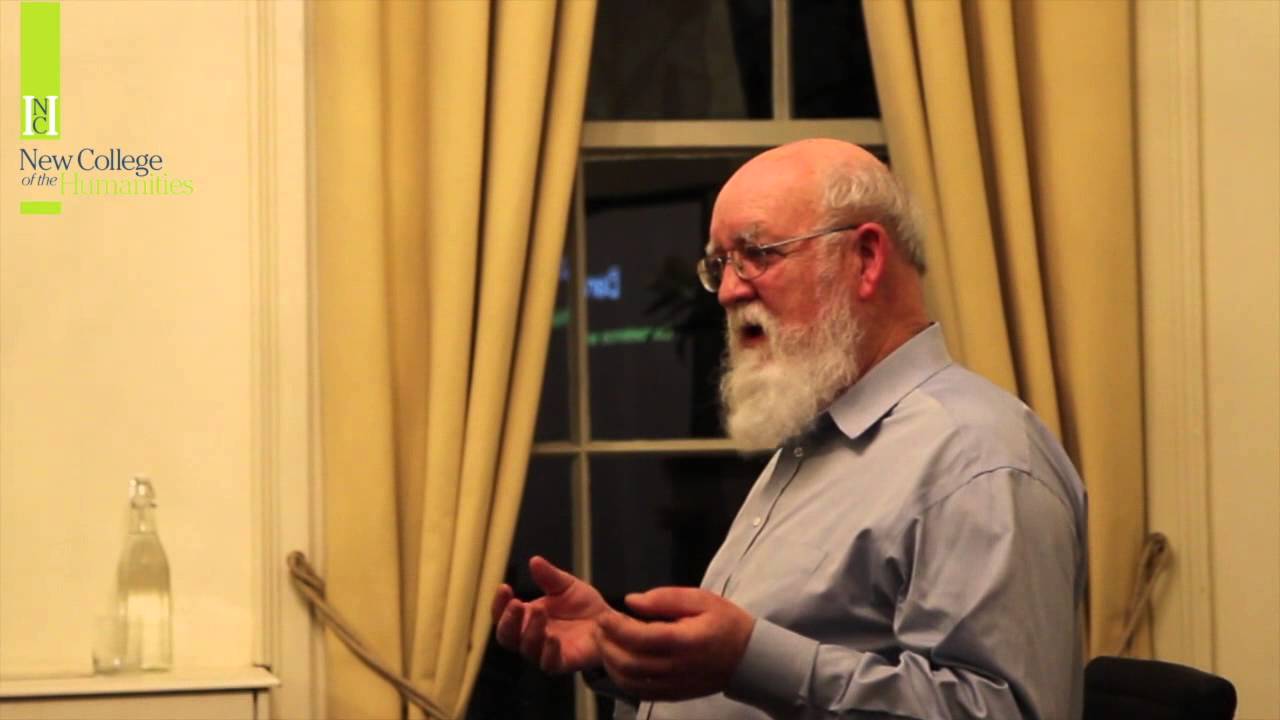wikipedia tts
This is an audio version of the Wikipedia Article:
https://en.wikipedia.org/wiki/Observer_(physics)
00:00:07 1 Special relativity
00:01:05 2 General relativity
00:01:41 3 Quantum mechanics
00:02:03 4 Thermodynamics and information theory
00:02:18 5 See also
Listening is a more natural way of learning, when compared to reading. Written language only began at around 3200 BC, but spoken language has existed long ago.
Learning by listening is a great way to:
– increases imagination and understanding
– improves your listening skills
– improves your own spoken accent
– learn while on the move
– reduce eye strain
Now learn the vast amount of general knowledge available on Wikipedia through audio (audio article). You could even learn subconsciously by playing the audio while you are sleeping! If you are planning to listen a lot, you could try using a bone conduction headphone, or a standard speaker instead of an earphone.
Listen on Google Assistant through Extra Audio:
https://assistant.google.com/services/invoke/uid/0000001a130b3f91
Other Wikipedia audio articles at:
https://www.youtube.com/results?search_query=wikipedia+tts
Upload your own Wikipedia articles through:
https://github.com/nodef/wikipedia-tts
Speaking Rate: 0.9135348030268343
Voice name: en-US-Wavenet-B
“I cannot teach anybody anything, I can only make them think.”
– Socrates
SUMMARY
=======
The term observer has a number of non-equivalent uses in science.
Source



